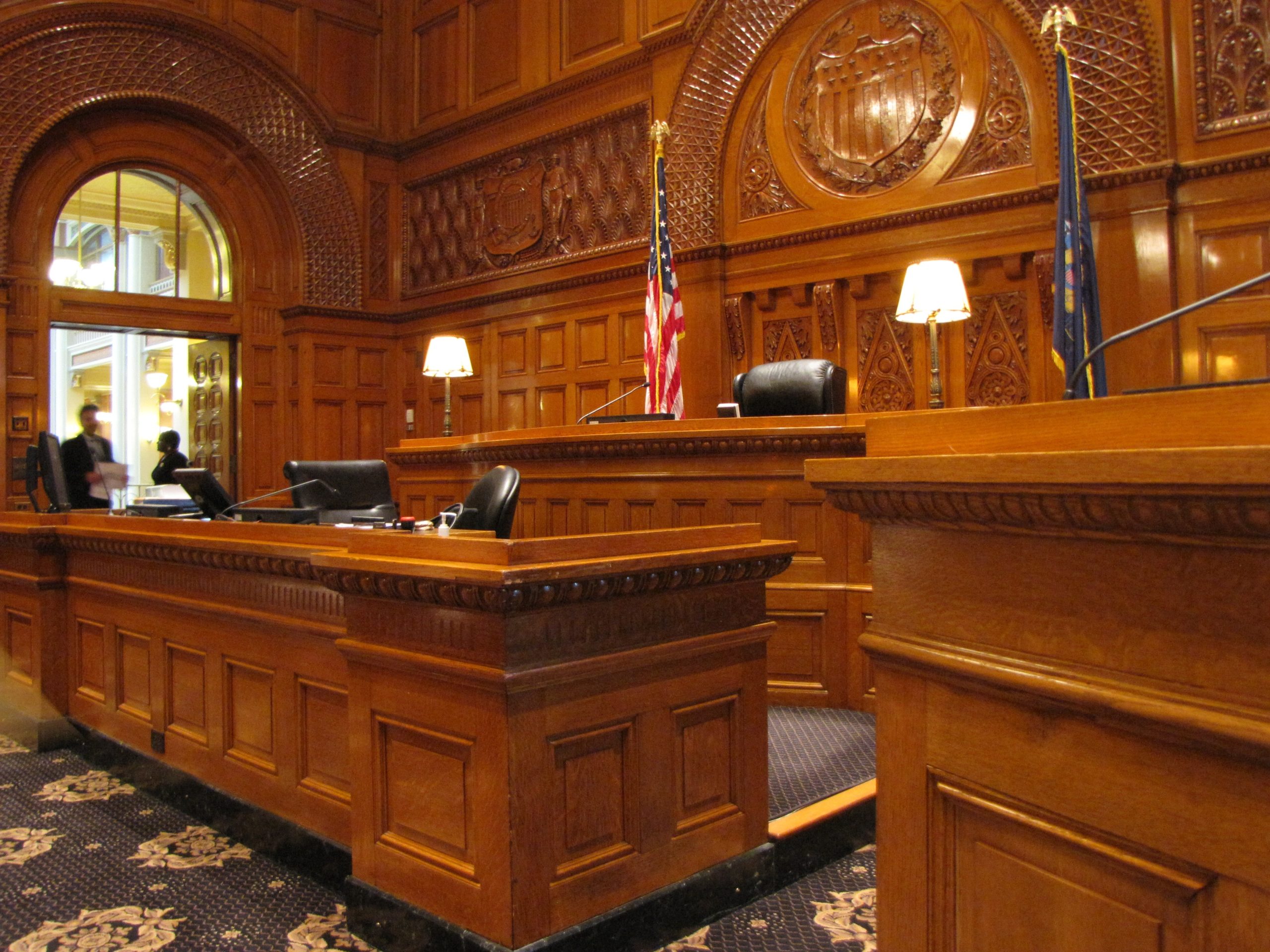
Protective Order Hearings
Who Can File a Protective Order?
Anyone in the Orlando area seeking an injunction (also known as a restraining order or a protective order) must do so through the local courts. The individual pursuing a protective order is considered the petitioner and the individual the order is being placed against is the respondent. One can request a restraining order for multiple reasons, but they must fall under one of the following categories:
- Domestic Violence
- Repeat Violence
- Sexual Violence
- Dating Violence
- Stalking
Anyone over the age of 18 can file a petition, but they must first specify the grounds for the protective order. The court will review the details and decide whether or not to issue a temporary injunction until the hearing. A hearing will then be scheduled for fifteen days later, during which time they will attempt to serve the respondent with the paperwork.
In the fifteen days leading up to the protective order hearing, the petitioner can supplement or amend the petition, but the courts will usually grant the temporary injunction as a way to protect the individual in the meanwhile. This can be extremely detrimental to you, the respondent, as you may be unaware of the injunction and inadvertently violate it.
The Orlando injunction defense lawyers can help protect your best interests by filing a continuance to delay the hearing and serving as your legal counsel at the final hearing.
What Happens During a Protective Order Hearing?
The Florida Family Law Rules of Procedure govern over protective order hearings. The judge will allow both the petitioner and respondent to argue their cases at the hearing. The respondent’s legal counsel will get the opportunity to cross-examine the petitioner’s assertions while also providing additional evidence and testimony.
The court will then decide on whether to issue a protective order and, if granted, the requirements of the order. These may include:
- A restriction on the number of feet you can be in the vicinity of the alleged victim
- A “no-contact” order which prohibits all forms of communication
- A provision requiring you to pay child support monthly
- A provision limiting the times and circumstances in which you can visit your child
Are Injunction Petitions Public Record?
Filed injunctions can show up on background checks performed by landlords, youth sports leagues, organizations, potential employers, and higher education institutions to name a few. This was the case for all filed injunctions until mid-2017 when new legislation provided public record exemption for specific circumstances. These include instances when the petition is dismissed:
- Without a hearing; or
- At an ex parte hearing; or
- Due to insufficiency of the petition itself
Orlando Injunction Defense Lawyers Fighting for You
Injunctions in the form of a restraining order or protective order are no laughing matter. Not only do these documents appear on your background checks but they aren’t a criminal offense, so they cannot be expunged or sealed. Not to mention, violating a protective order can result in hefty fines and criminal charges which can result in jail or prison time. Avoid the potential of a granted injunction ruining your future by securing the legal counsel of a knowledgeable attorney.
The Orlando injunction defense attorneys at The Umansky Law Firm are here to protect the rights of respondents. With over 100 years of combined experience, we understand that protective orders often result from disgruntled spouses and exaggerated altercations. We can help ensure that you aren’t unlawfully ruled against in an injunction case that can limit your freedom and take you away from your children. Contact us today for a free case evaluation.




